
Acne is a common skin condition that affects millions of people worldwide, from teenagers to adults. While there are various treatments available, many individuals seek natural remedies to avoid potential side effects associated with pharmaceutical options. If you’re looking for effective ways to combat acne using natural ingredients, you’re in the right place! Here are the top 10 proven natural remedies for acne that you can easily try at home.

1. Tea Tree Oil
Why it works: Known for its antibacterial properties, tea tree oil can help reduce inflammation and fight the bacteria responsible for acne.
How to use: Dilute tea tree oil with a carrier oil (like coconut or jojoba oil) and apply it to the affected areas using a cotton ball. Leave it on overnight for best results.
2. Aloe Vera
Why it works: Aloe vera is renowned for its soothing and anti-inflammatory properties, making it perfect for calming irritated skin.
How to use: Apply fresh aloe vera gel directly from the leaf to the acne spots. You can leave it on for at least 30 minutes before rinsing off.


3. Honey
Why it works: Honey has natural antibacterial and anti-inflammatory properties, making it an excellent remedy for acne.
How to use: Apply raw honey to the affected areas and let it sit for about 20 minutes before rinsing it off with warm water.
4. Apple Cider Vinegar
Why it works: The acidity in apple cider vinegar helps balance the skin’s pH levels, which can be beneficial in reducing acne.
How to use: Mix equal parts apple cider vinegar and water, apply it to your skin with a cotton ball, and rinse after 10-15 minutes.
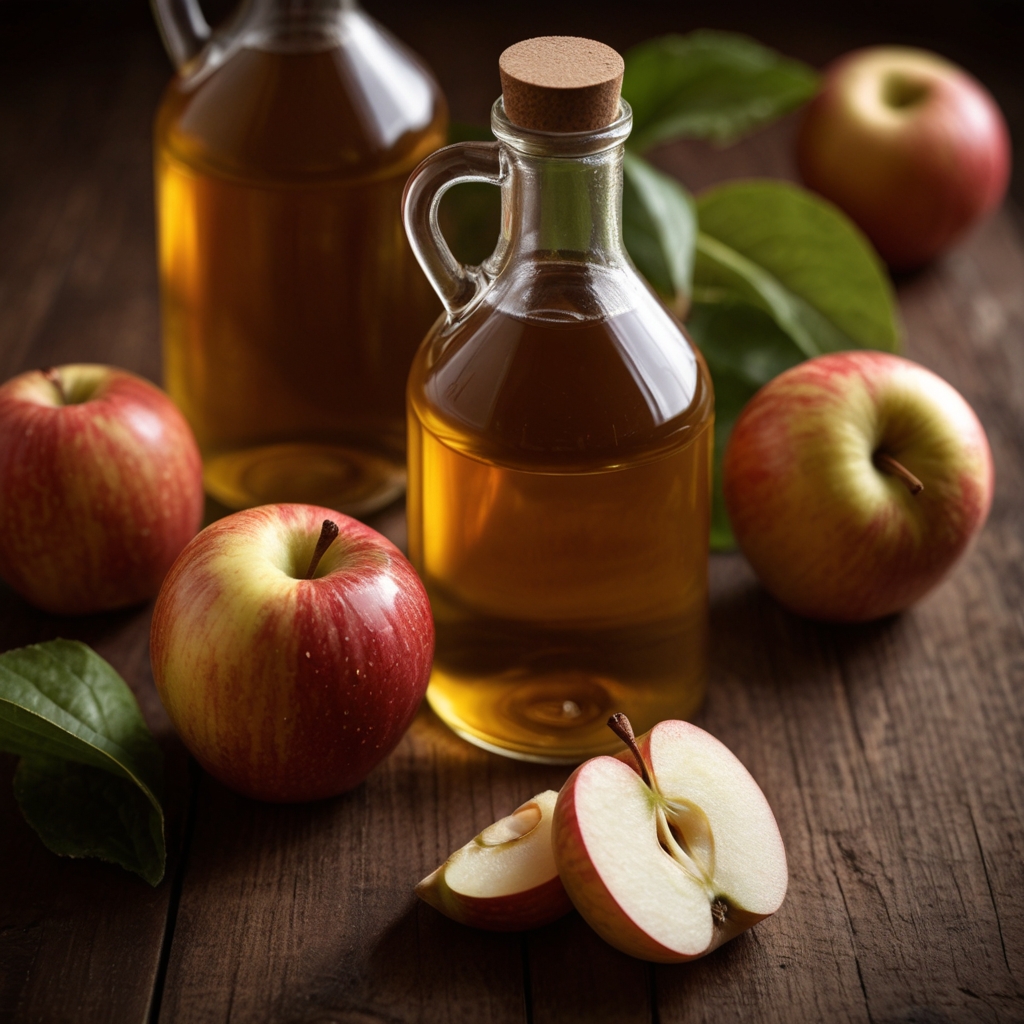
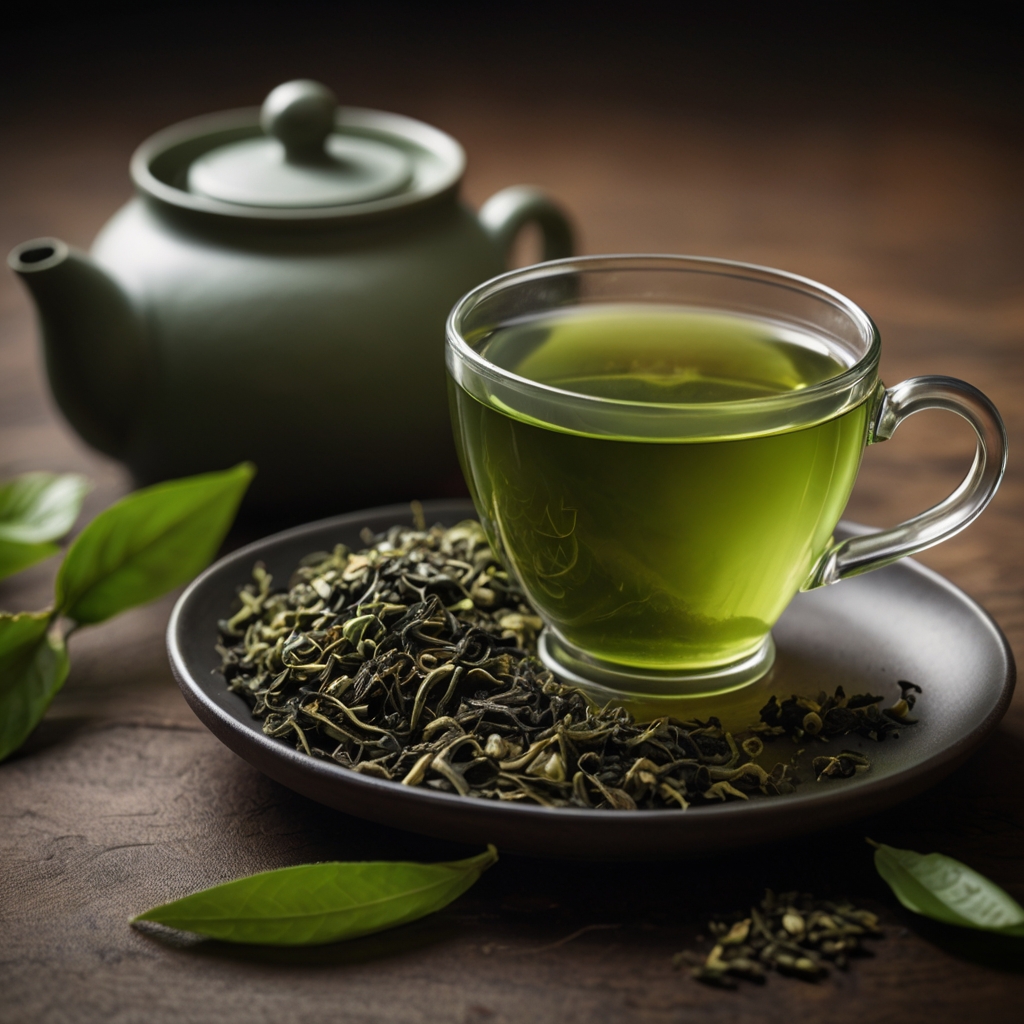
5. Green Tea
Why it works: Green tea contains antioxidants that can help fight inflammation and reduce acne-causing bacteria.
How to use: Brew green tea, let it cool, and apply it to your skin with a cotton ball or use it as a facial rinse.
6. Witch Hazel
Why it works: Witch hazel acts as a natural astringent, helping to remove excess oil and reduce inflammation.
How to use: Apply witch hazel directly to the acne-prone areas using a cotton ball after cleansing your face.
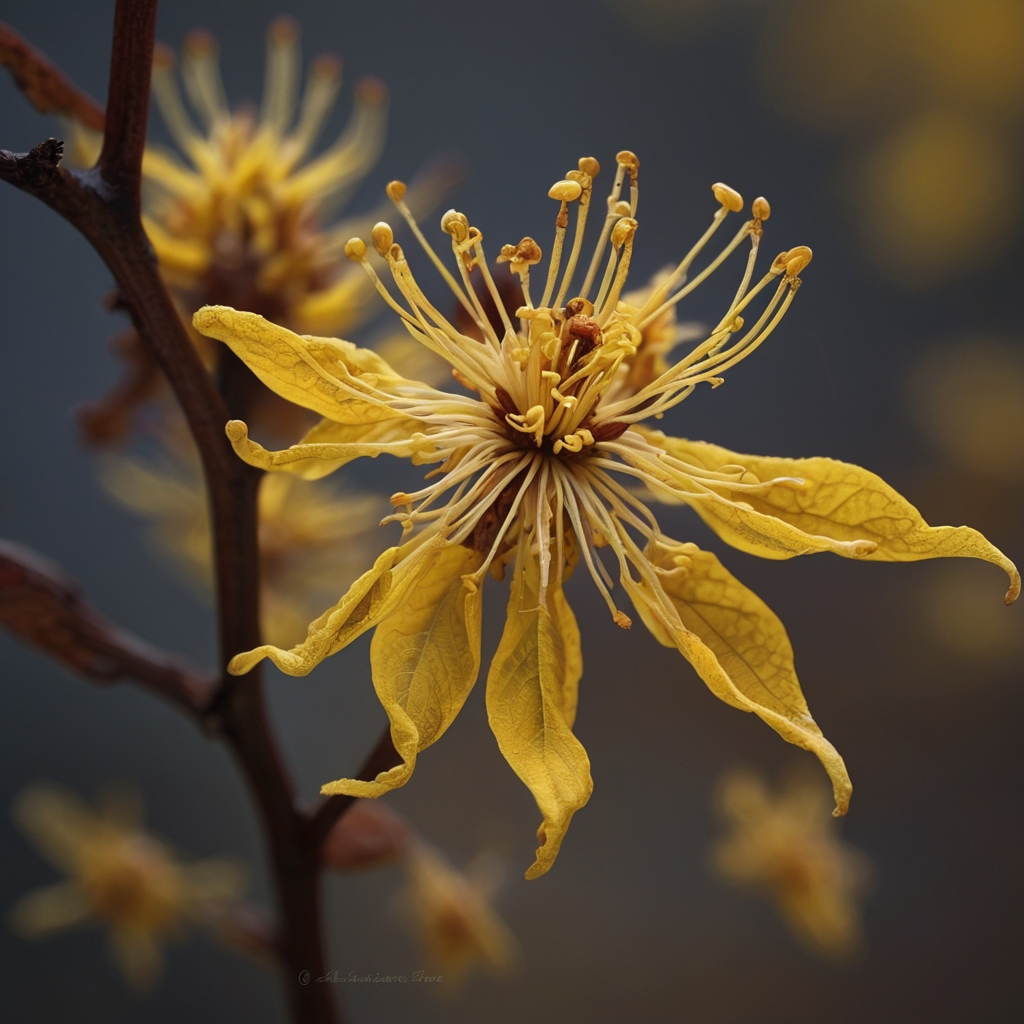
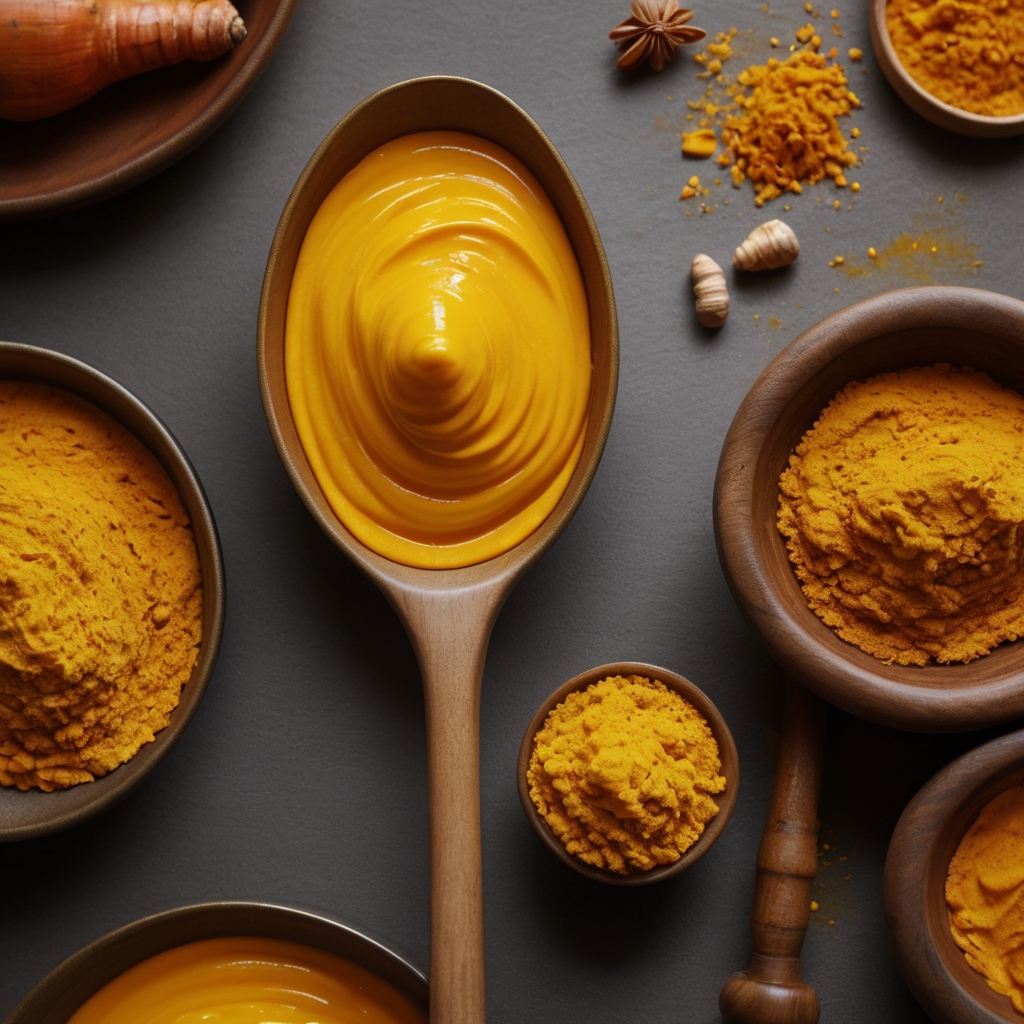
7. Turmeric
Why it works: Turmeric has strong anti-inflammatory and antibacterial properties, making it beneficial for treating acne.
How to use: Create a paste with turmeric powder and water (or honey) and apply it to your acne. Leave it on for 20 minutes before rinsing.
8. Lemon Juice
Why it works: The citric acid in lemon juice can help exfoliate the skin and reduce excess oil, but it should be used cautiously as it can make the skin sensitive to sunlight.
How to use: Apply fresh lemon juice to the affected areas, leave it for about 10 minutes, and rinse it off.

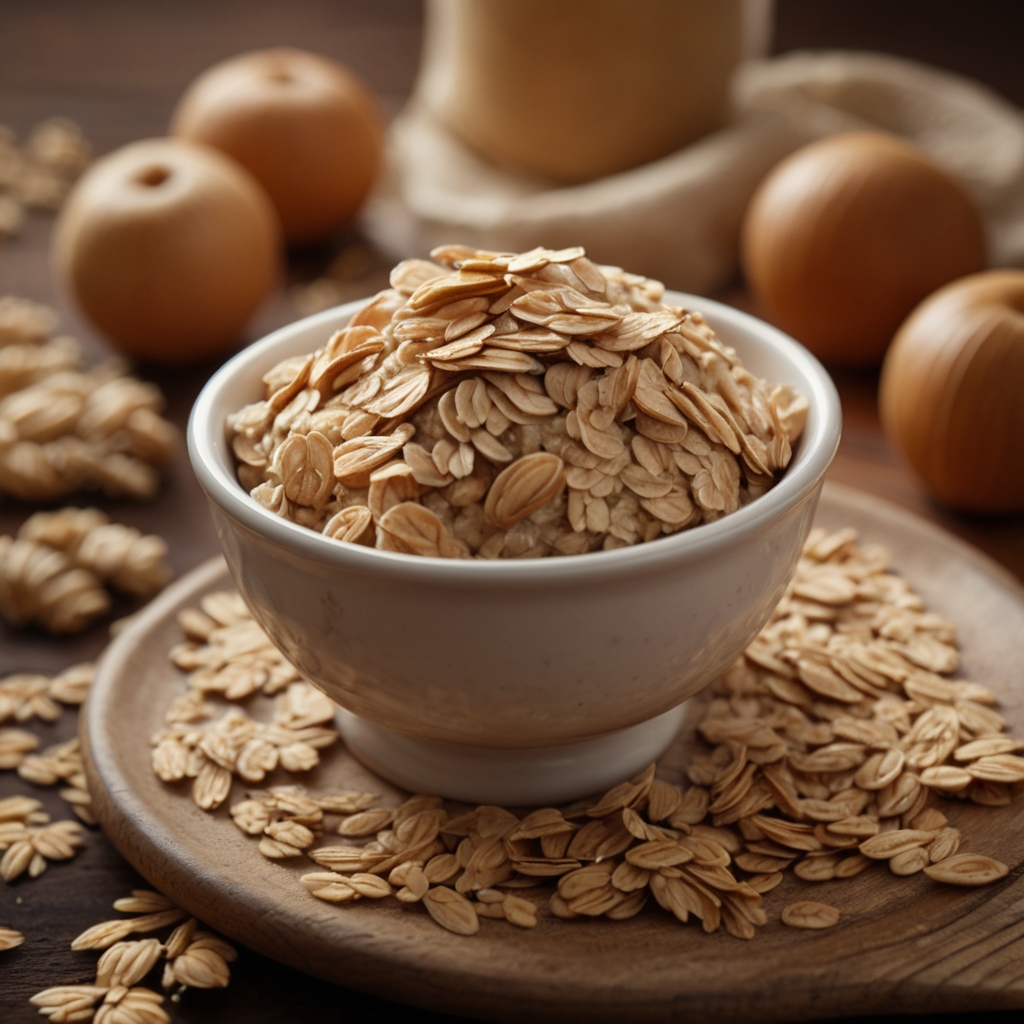
9. Oatmeal
Why it works: Oatmeal can absorb excess oil and help soothe inflamed skin.
How to use: Cook oatmeal and let it cool. Apply the cooled oatmeal to your face as a mask, leave it on for 30 minutes, and rinse.
10. Essential Oils
Why it works: Oils like lavender, chamomile, and rosemary have soothing properties and can help reduce acne.
How to use: Mix a few drops of your chosen essential oil with a carrier oil and apply it to the acne spots.
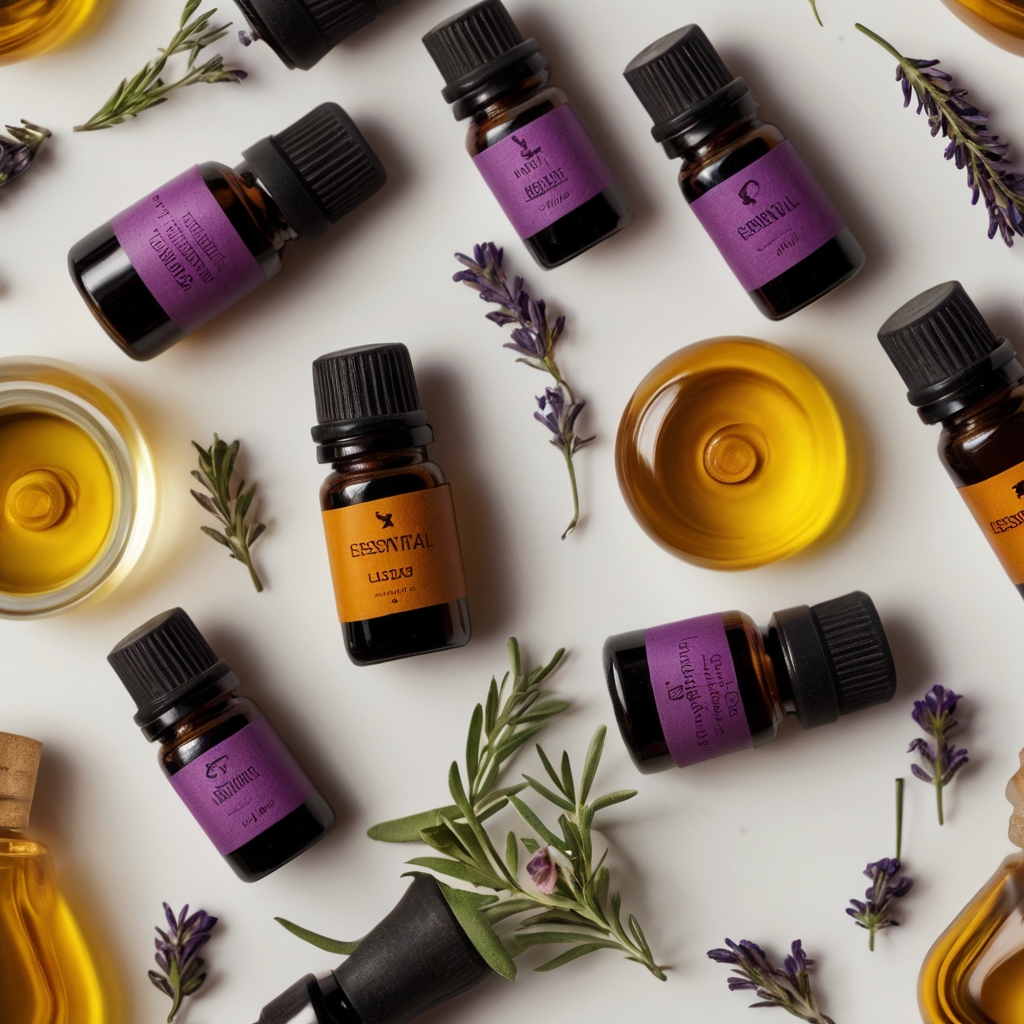
Conclusion
Natural remedies can be a great addition to your skincare routine, especially when combined with a healthy lifestyle. Remember that individual responses to treatments can vary, so it’s essential to test these remedies on a small area first. If your acne persists or worsens, consulting a dermatologist is always a wise choice.
Keywords:
- Natural remedies for acne
- How to get rid of acne naturally
- Home remedies for acne scars
- Best treatment for acne-prone skin
- DIY acne treatment at home
- Acne treatment with tea tree oil
- Aloe vera for acne relief
- Natural acne spot treatment
- Foods that reduce acne breakouts
- How to treat hormonal acne naturally
- Skincare routine for acne
- Benzoyl peroxide alternatives
- Natural solutions for cystic acne
- At-home acne care tips
- How to clear up acne fast